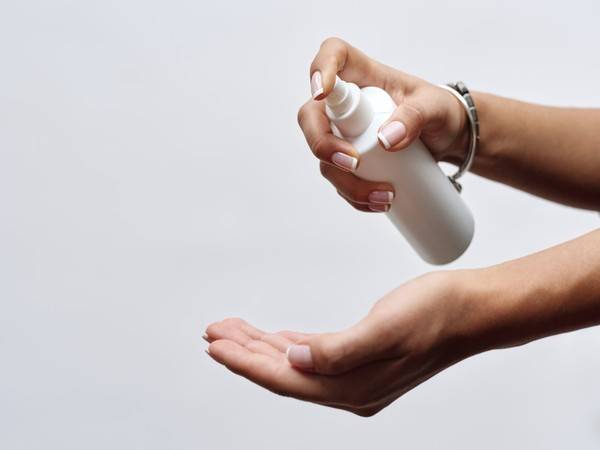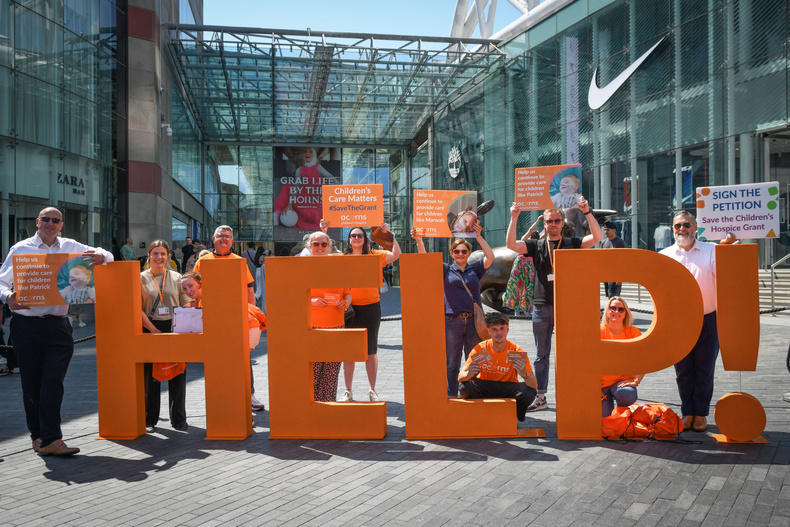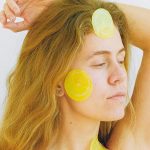Tiffany Barrett, pharmacist and co-researcher added: “NHS prescribing of moisturizers is determined by locally agreed formularies. These formularies are based on both cost and perceived effectiveness….reports Asian Lite News
The best emollients for Eczema trial has found that no one type of moisturizer is better than another for children, according to a new study by the University of Bristol.
The findings of the research were published in the journal ‘The Lancet Child & Adolescent Health’.
This study, the first in the world to directly compare different types of moisturizers, highlights the importance of patient education and choice when deciding which moisturizers to use for children with eczema.
Moisturizers (also called emollients) are recommended for the one in five children who have eczema (also known as atopic eczema/dermatitis), which causes dry and itchy skin. Over 100 different moisturizers are prescribed in the NHS, costing over £100 million a year. Lack of research in this area means NHS guidelines vary widely in what is recommended, which leads to confusion and waste.
In the study, led by the universities of Bristol, Nottingham and Southampton, 550 children with eczema aged under 12 years were randomized to use one of four types of moisturizer (lotion, cream, gel or ointment) as their main moisturizer for 16 weeks. Parents completed diaries about their child’s eczema for a year, and some were interviewed to gain an in-depth understanding of how they used the moisturizers and what they thought of them. All children also had an independent examination of their skin. Used alongside other eczema treatments, there was no difference in the effectiveness of the four types of moisturizer used in the study. Skin reactions such as itching or redness were common with all moisturizer types. Awareness of the different types of moisturizers was low, and users had different preferences based on how the moisturizers look and feel. For example, some people liked how lotions quickly soaked in whereas others preferred the “barrier” provided by ointments.
Professor Matthew Ridd, a GP and study lead from Centre for Academic Primary Care at the University of Bristol, said: “A study of this type has been long overdue. It has not been in the interest of the manufacturers to directly compare types of moisturizer in the way we have done in this trial. Our findings challenge conventions about how often moisturizers need to be applied, which types are less likely to cause problems and which patients should be recommended certain types. For example, ointments are often suggested for more severe eczema, yet they were found to be no better.”
Hayley, the mother of Abriarna who took part in the trial, said: “The trial helped us find an emollient we had never used before, which has helped keep Abriarna’s skin in good condition for the longest time. Her eczema often requires a different emollient for various purposes, for example, Abriarna has a regular day-to-day moisturizer, which we found through the trial. She then has an emollient for days when her eczema is agitated and then an emollient to wash in as well as to use after handwashing.”
Tiffany Barrett, pharmacist and co-researcher added: “NHS prescribing of moisturizers is determined by locally agreed formularies. These formularies are based on both cost and perceived effectiveness. What this study does is emphasize the importance of having the four main types of moisturizers available on formularies for children with eczema, so that the right product can be used at the right time.”
Professor Hywel Williams, consultant dermatologist and co-researcher at the University of Nottingham, explained: “Along with anti-inflammatory treatments such as topical corticosteroids, emollients are a really key part of treatment for childhood eczema, preventing flares and helping to soothe the skin and improving the quality of life for children and their carers.

“Our study shows that one size does not fit all, and points to the need for doctors to make parents aware of the different emollient types and to help them choose which one is mostly likely to work for them. At last we have evidence that supports the saying, ‘The best moisturizers are the ones the patient will use.'”
Professor Nick Levell, NIHR National Specialty Lead for Dermatology, said: “Around one in five children get eczema and the scratching and sleep loss affects school performance and exhausts children and their parents. This study confirms that parent and patient preference is very important in choosing a moisturizer to treat eczema. Some people prefer ointments, but others like gels, creams or lotions. No one option is best. As reactions to moisturizers are common, it is important that the NHS provides a wide choice to help parents find something that soothes and calms their child’s fiery skin.” (ANI)
ALSO READ-Amama Arrives in London














